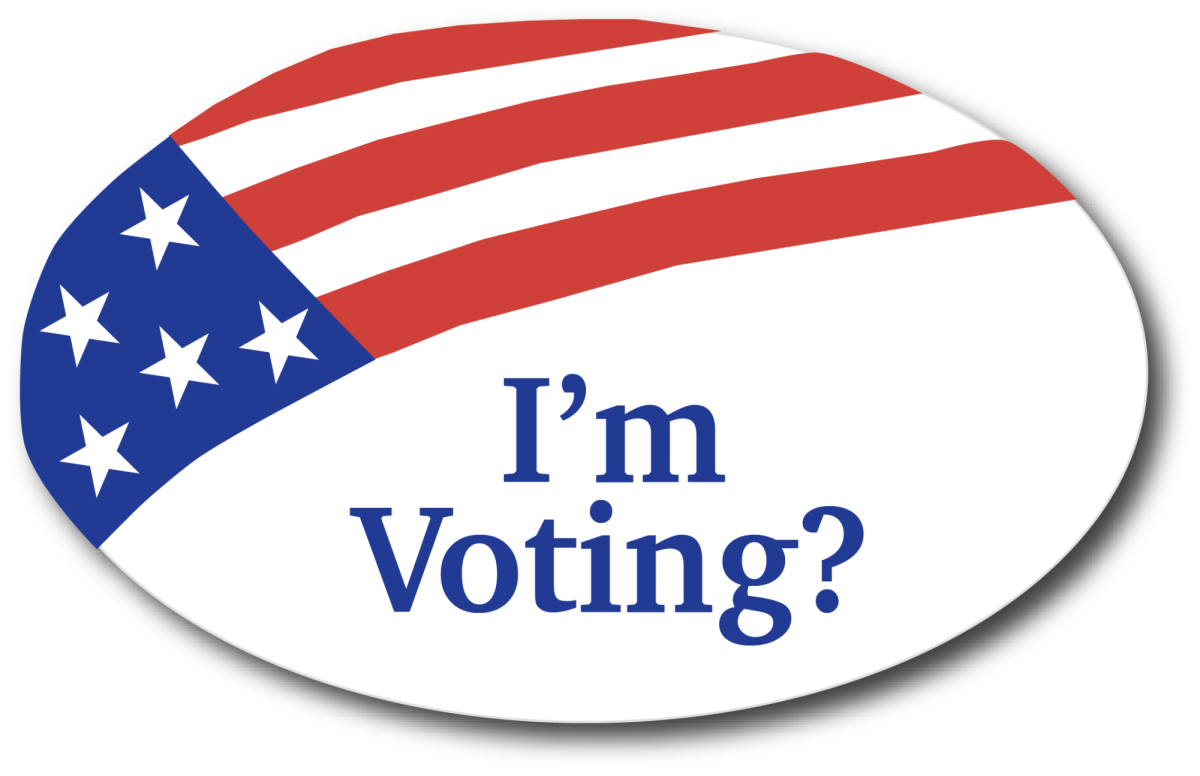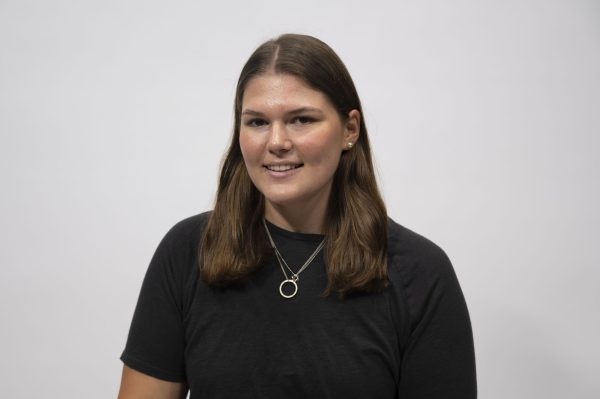Andrew Longo was studying abroad in Dublin last semester when he was first eligible to vote. He eagerly requested an absentee ballot from his home state of New York to vote in the April primaries. He then paid 10 euros to have his completed ballot sent back across the Atlantic.
“It was worth it,” said Longo, a first-year political science major. “[I’ve] wanted to vote my whole life. I had gone with my parents when they voted. I couldn’t pass up the opportunity, so I voted from overseas.”
But not many young people possess Longo’s same desire to vote, and their apathy is reflected in several studies. A poll conducted by the Institute of Politics at the Harvard Kennedy School found that only 49% of young people “definitely” plan to vote in the November presidential election, a decrease from the 57% who reported they would definitely vote in the 2020 election. According to the U.S. Census Bureau, the 2020 turnout for American voters under 30 years old was 54.1%.
The new statistics, released in December 2023, expose an alarming reality for the upcoming presidential election.
Ryan Treible, a first-year political science major from New York, said he is “disappointed but not surprised” at the predicted young voter turnout for this election.
The study also reveals that 30% of young voters under 30 favor President Joe Biden over former President Donald Trump in a hypothetical head-to-head matchup. According to the Institute of Politics, 41% of respondents chose Biden and 30% chose Trump, while 13% said they had not decided and 15% said that they would not vote.
But Treible has doubts about the accuracy of polling. Between the 2016 presidential election and his experience polling for his hometown’s congressional district, Treible has noticed “some pretty big misses” in polling in recent years.
“Can you really trust it?” Treible said. “I don’t know.”
Longo agreed that the statistic is concerning.
“It’s very troubling to me,” Longo said. “I try to stay politically active, and I know that our generation is the future of the country.”
When asked why they are hesitant to vote, poll respondents said they have a lack of trust in both Biden and Trump on a variety of issues including climate change, gun violence and the conflicts in the Middle East and Ukraine.
“I think that, across all age groups, people are just frustrated politically,” Longo said. “[My generation cares] about the climate, we care about conflict, especially in Gaza and Ukraine, and we don’t feel the leaders are doing enough for that.”
The Harvard study notes that the young voters most likely to not cast a ballot are those who consider themselves part of the Republican or Independent parties, contributing to Biden’s predicted lead against Trump.
To increase turnout among young voters, Longo thinks there should be “greater representation” of young people in government positions.
“That starts with not only encouraging young people to vote but also to run for office,” Longo said. “I don’t think that young people see themselves emulated in politics.”
“Once we start to see early 20-somethings in the House [of Representatives], we’ll understand that we can make a difference,” he said. Currently, 27-year-old Rep. Maxwell Frost is the youngest member of Congress.
Treible added that simplifying the absentee voting process would be another way to increase turnout among young people. For example, in the 2020 presidential election, over 30 states loosened restrictions around the mail-in process in light of the COVID-19 pandemic, resulting in a heightened voter turnout.
Treible explained that when he voted in New York’s presidential primary election, he had to pick up his absentee ballot from the Marino Mail Center, walk back to fill it out in his room before venturing to downtown Boston to return the sealed ballot to a specific USPS center. It took him over an hour.
Olivia Kleschinsky, a first-year business administration major, was not able to vote in her home state’s primaries.
“I wasn’t home, and my parents couldn’t figure out the mail-in ballot in time,” Kleschinsky said.
“If students are already on the fence about voting, they’re not going to go out of their way to make that happen,” Treible said.
But Treible said voting is important.
“Regardless, if you don’t like either candidate, you still should vote because it’s important to have your voice heard,” he said.












